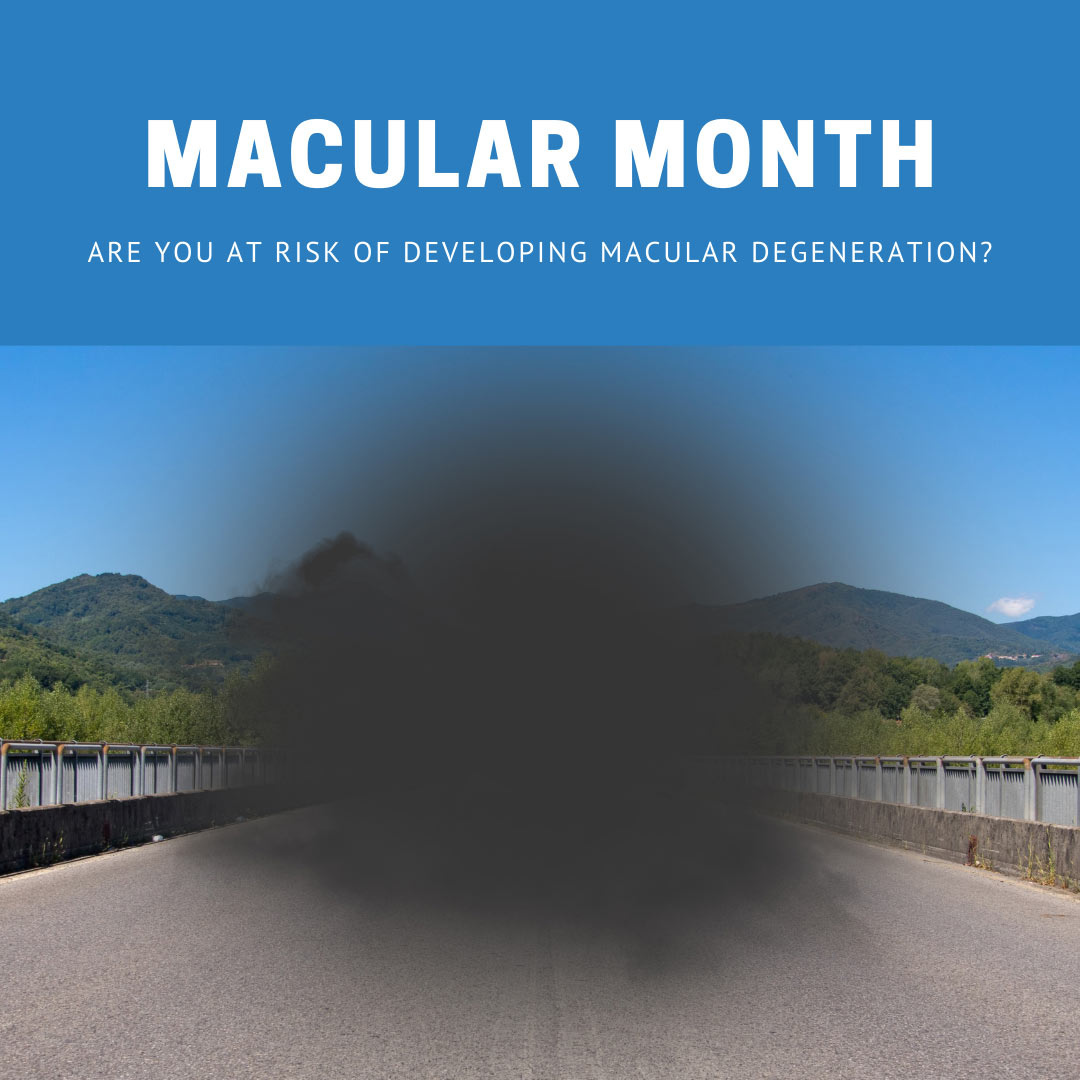Why do my eyes hurt in the cold?
One very common and frustrating eye issue that increases in its prevalence over winter is dry eye. The colder temperature can cause your eyes to lose natural moisture, becoming dry and sore. Although this isn’t usually a serious condition, it can cause discomfort. Here are out top tips to ease the symptoms of dry eye and keep your eyes healthy this winter.
May is Macular Degeneration Awareness Month
inFOCUS this month... an annual awareness campaign to help Australians understand their risk of macular disease. May is Macular Degeneration Awareness Month.
Macular disease covers a range of painless conditions affecting the central retina, known as the macula, which sits at the back of the eye. This disease is unfortunately the leading cause of vision loss and blindness in Australia.
The macula is responsible for detailed central vision used for activities such as reading, driving and recognising faces. It’s also responsible for most of your colour vision and it is only early detection and intervention that will save your sight.
checkmymacula.com.au offer a quick quiz to assess your risk however the best course of action is to maintain regular eye checks and ensure you reach out to us if you notice any changes with your vision, especially when reading or driving.
School is back!
School is back and now is a great time to make an appointment to get your child's eyes tested either for the first time, or to get that review appointment that they may be due for.
Poor eyesight may cause learning and behaviour problems, which might be blamed on other things. This is especially true for young children, who may find it difficult to explain the difficulties they are having with their eyesight. They may not even be aware they have a problem at all.
Please book an appointment online or give us a call on 3899 4044.
We hope to see you soon.
Start the new year off with a fresh new look!
Start the new year off with a fresh new look! Many of the health funds re-set at the beginning of the year, so now might be a great time to use your new health benefits and enjoy little or no gap payment! Book an appointment online or visit our practice today a choose from our range of stylish spectacles.




